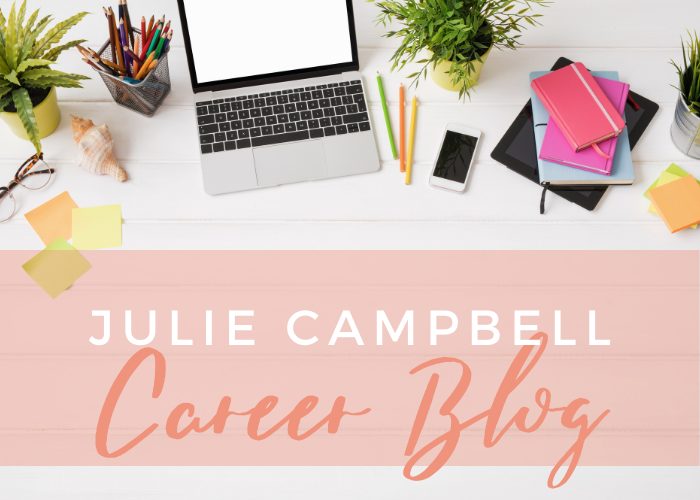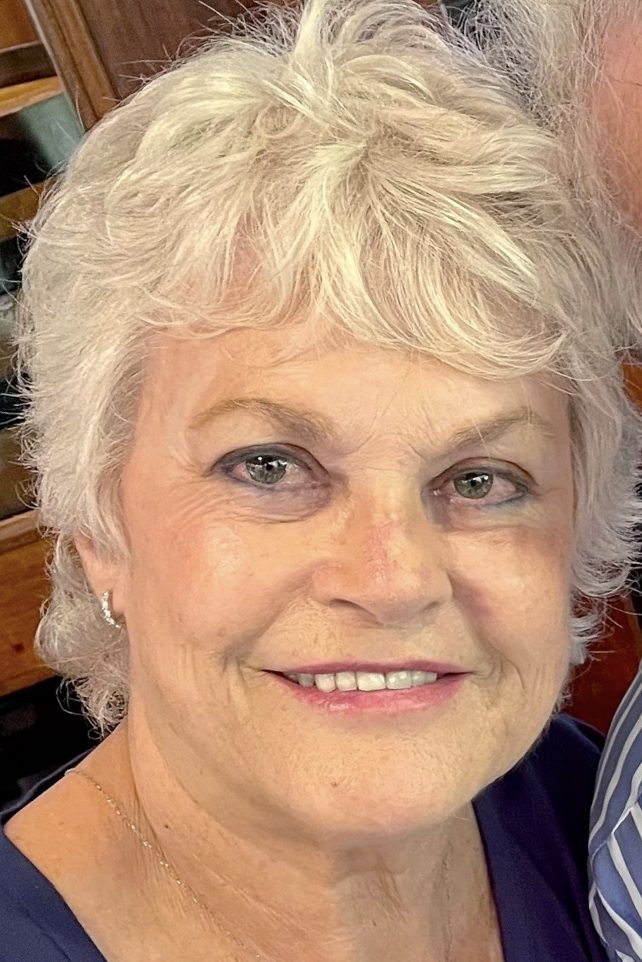
Meet Emeritus Professor Julie Campbell, who has built a scientific career in the field of vascular biology. Over her decades-long career, Julie has won multiple awards including the GSK Award for Research Excellence (then Wellcome Australia Medal, 1995, and currently open for applications)! These days, at 75 years old, Julie helps young investigators improve their grant applications, volunteers in community groups, studies Latin and minds her young grandchildren

What would you say was the highlight of your medical research career?
I consider my whole career as a highlight. Every morning I was excited to go to work. There is nothing better than to work on a problem that may lead to something that has never been known before – it is very satisfying, even the small incremental step.
What do you think is your most important contribution to the research field and/or the overall health and wellbeing of the community?
My early work was basic research on the biology of smooth muscle cells. I then saw how the knowledge gained was important in understanding how and why diseases of blood vessels (such as atherosclerosis and hypertension) occur, and this became my major focus. In particular, I asked why is there frequently a restenosis (reblockage) of coronary arteries after surgery to remove fatty or fibrous plaques. Later in my career, I used the knowledge gained to develop an artificial blood vessel, grown in the peritoneal cavity of the recipient from cells of bone marrow origin, that could potentially be used as an arteriovenous access fistula for haemodialysis.
How did the GSK Award for Research Excellence (then Wellcome Australia Medal) impact your research and why would you encourage fellow medical researchers who identify as women to nominate their peers?
Winning the GSK Award for Research Excellence (ARE) gave me recognition as a female scientist in a (then) male-dominated field. I was sometimes the only woman at international vascular biology conferences. It also gave me credibility at my home university where I was research-only (no teaching) and funded by my own fellowships and grants, for which it also helped. The award led to further recognition, such as election to the Australian Academy of Science (FAA) and as an Officer in the Order of Australia (AO). Indeed, my election to the Academy occurred in 2000, making me the second female Queensland scientist after Dorothy Hill who was elected in 1956 – a gap of 44 years!
I certainly encourage all medical researchers who identify as women to nominate their peers for the GSK ARE as such recognition can be crucial for the advancement of careers.
What are your loves outside of work?
I am now 75 years old and have been retired since 2011. While I do no active research myself, over the last 10 years I have helped review and advise many researchers how to improve their grant or fellowship applications. On a personal level, I mind some of my young grandchildren 1 day each week as well as pick others of them up from school and take them to swimming, soccer or jiu jitsu lessons. I am treasurer of my local Residents’ Association and actively engaged in community issues, as well as being a volunteer in the Shelly Beach Turtle Care and Foreshore Conservation groups. I study Latin within the University of the 3rd Age each week, and I walk my dog twice a day – although my husband maintains I do more talking than walking! I am a long-term member of a very active book club and I go to yoga/pilates classes.
What is one piece of advice you could pass onto others following their own career in the health and medical research sector?
Keep at it, don’t be discouraged if you don’t get that grant/fellowship. Be bold/assertive – never meek, that won’t get you anywhere. Work with the best people in your field. Collaborate, but be sure you get the recognition you earned.
